If I asked you to tell me the first place that comes to mind when thinking of Christmas, I can almost guarantee that no one will scream, China. The Chinese Communist Party (CCP) officially declares itself as atheist, however, when thinking of religion in China, many associate the country with Buddhism. So then why, I hear you ask, am I writing an article about Christmas in China?
Well, you’d be surprised, China just like many other places around the world, embraces the commercialised elements of the festive season. From Christmas trees that rival the Rockefeller Center’s, to Christmas themed talent shows at English schools across the country, China hangs the glittering lights, dons a Christmas hat or two and sells festive merchandise, all in the name of Christmassy commercialisation.
Contents
Christmas in China
The Grinch Who Stole Christmas in China…
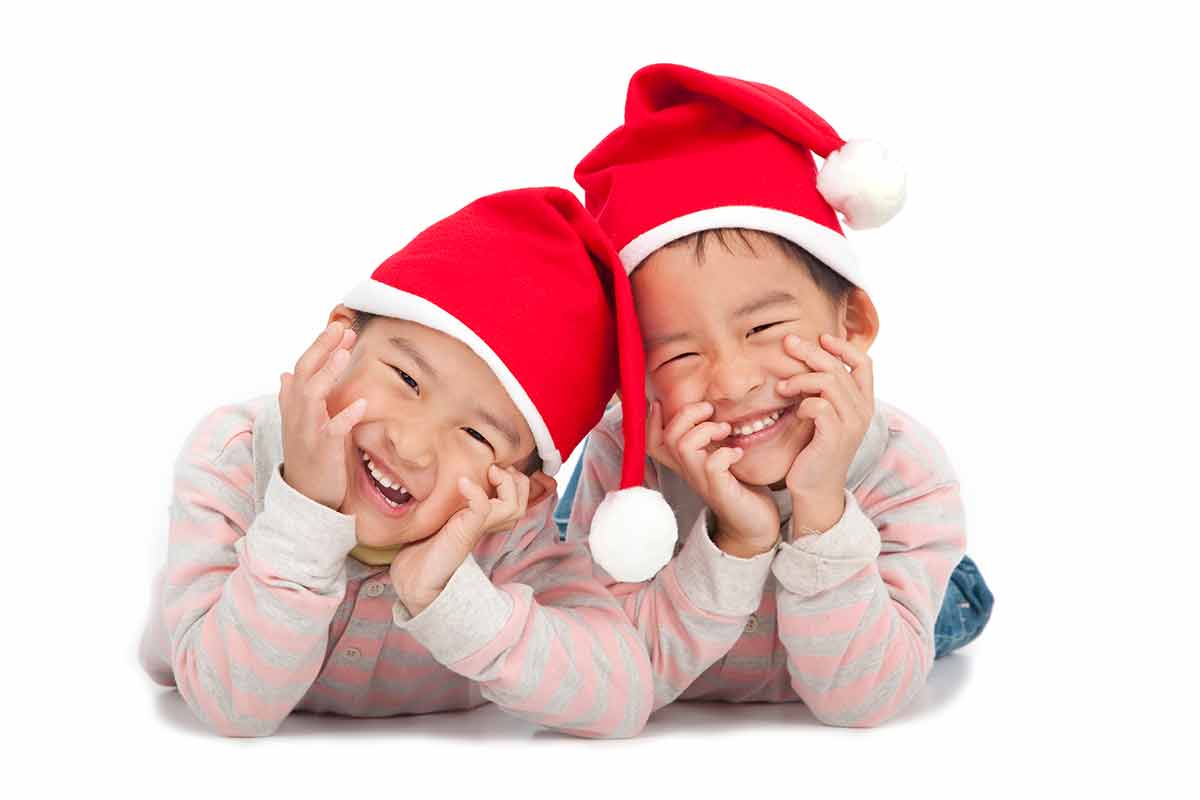
Over recent years numerous articles have surfaced depicting China as the green monstered Grinch that stole Christmas!
Headlines of Christmas crackdowns so often found in Western media certainly didn’t transition fully to the country itself.
When I arrived in China in 2018, Christmas was certainly present, albeit just in terms of decorations, Santa hats and the sale of merry merchandise.
According to a national survey in 2010, Christians accounted for around 1.8% of the Chinese population, so not too many people celebrate the holiday for its true meaning.
I would describe Christmas in China as mainly being observed and enjoyed by those who want to embrace the festive spirit and experience a more movie style Christmas celebration.
Looking for something fun to do this Christmas? Try these:
Why Do Locals Celebrate Christmas in China?

A Chinese friend once showed me an interview with Chinese people at a Christmas market in Shanghai, not one of the interviewees was able to say why people celebrated Christmas.
Yet each one of them was happily sporting a Santa hat or sparkly deeley boppers.
The truth is that Christmas does exist and has not been banned…yet.
You can find Christmas trees and decorations on pretty much every shopping street in the downtown areas of major cities.
That being said, these articles about Christmas being banned in China are not without some merit.
During my second Christmas in China (2019), I noticed a small decline in Christmas decorations and activities, but overall, the holiday spirit could still be found.
One of the most significant changes was associated with schools, whereby the CCP had banned the celebrations of Christmas or the hosting of Christmas events in schools.
At the English training centre, I worked at we hosted a Christmas event during my first year, but by 2019 our Christmas festivities were limited to discrete dress up only and no active promotion of Christmas activities was allowed.
But if businesses continue to stick to commercialisation over religion as the essence of Christmas, then there is hope for the holiday season in China.
Holiday Celebrations
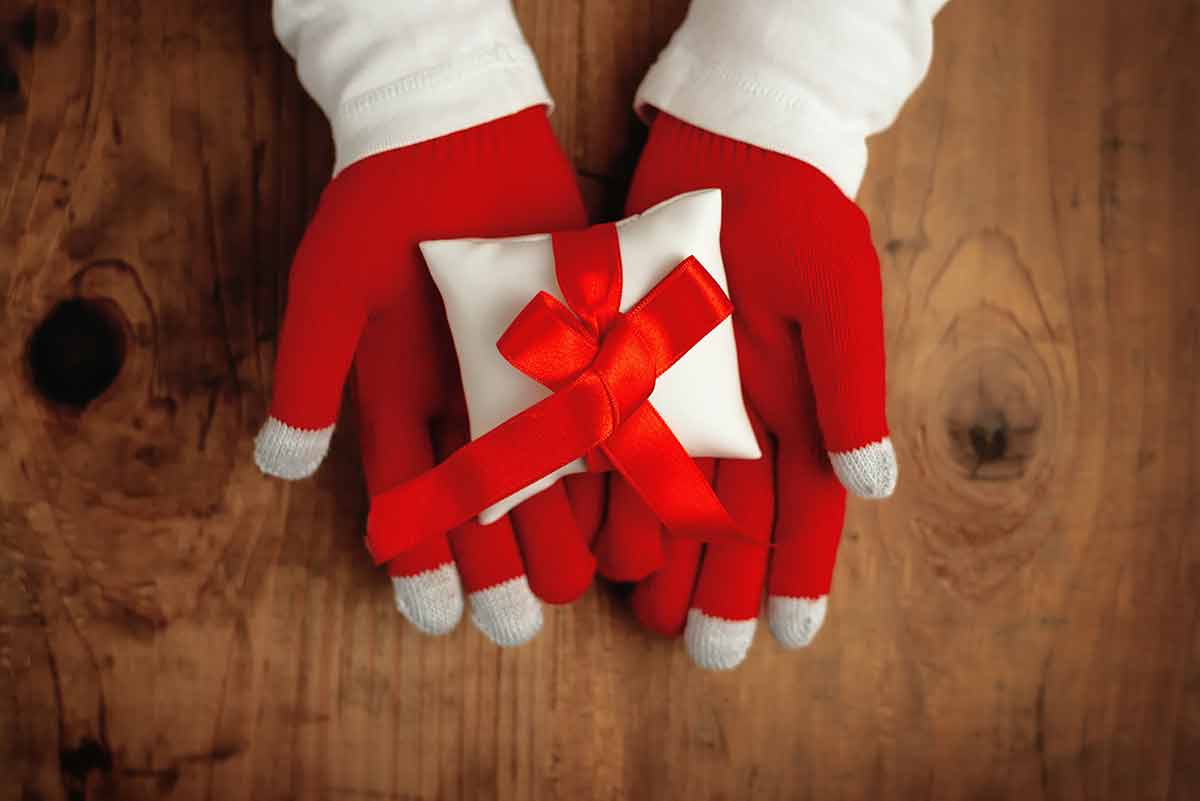
Much to the dismay of many expats in China, Christmas is not a national holiday.
Therefore, to many, Christmas in the country is yet another run of the mill working day.
Of course, those celebrating are still eager to make an ordinary working day into one filled with festive home comforts and Christmas cheer.
Many expats request a day off from work, but this isn’t always possible!
I worked for all three of my Christmases in China, as they fell on our busiest working days.
Teaching 10 classes of over-excitable four to five-year-olds screaming the lyrics to ‘Christmas Baby Shark’ doesn’t exactly put you in the celebratory mood.
Kids at English schools try their best at the festivities by sporting reindeer antlers or Santa hats, but I noticed that by Christmas 2020, even my most enthusiastic students had lost their festive umph.
In Chinese, Christmas Eve is 平安夜 or Píng’ān yè in Pinyin.
This literally translates to “safe eve” and the first character 平 (píng) has the same pronunciation as the Chinese word for apple 苹果 (píngguǒ).
Christmas Eve In China
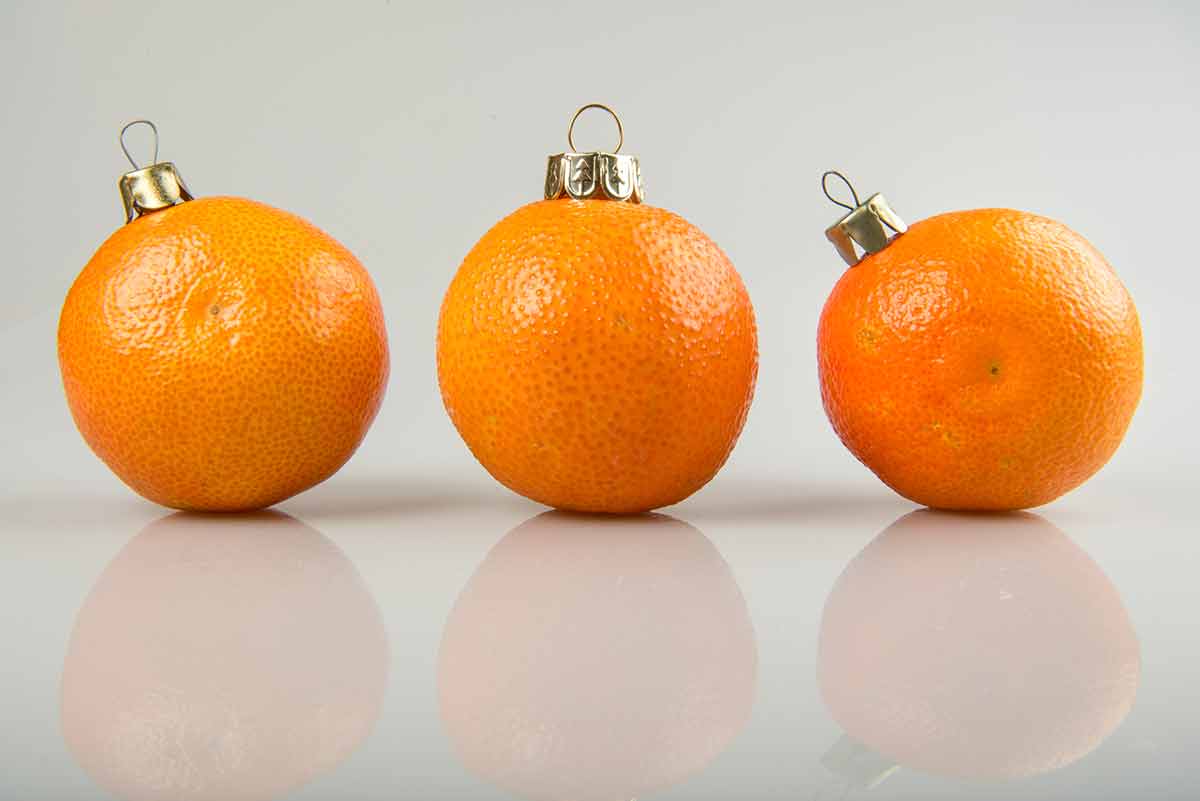
Therefore, although not traditionally celebrated, many people in China can be seen giving the gift of an apple on Christmas Eve as a form of wishing their friends and family safety.
This was something that confused me on my first Christmas Eve in China.
Having finished my evening classes, I returned to the office to find a mysterious and anonymous apple had been placed at my desk. But not just a solidarity apple, the most pimped out apple you have ever seen.
The apple was packaged in shiny pink wrapping paper with elaborately curled ribbon, and the apple itself had a carved Santa face.
When I was a child, my mother always used to put an orange or satsuma in our Christmas stockings. Well, I guess now I’d moved onto apples.

Although gift exchanging isn’t quite like it is in many Western countries, many of my university-aged Chinese friends said they would exchange gifts on Christmas day.
Christmas in China is arguably fuelled by the desire of many young Chinese, who believe the holiday is becoming trendy.
Another quirky thing about Christmas in China is seeing Santa always playing the saxophone.
Back in the UK, I cannot recall ever seeing Santa play the saxophone but travel halfway across the world, and there he is, proudly playing.
Someone, please give that guy a break from playing; he has to whip around the world in his slay soon and deliver all the presents.
Christmas With The Expats
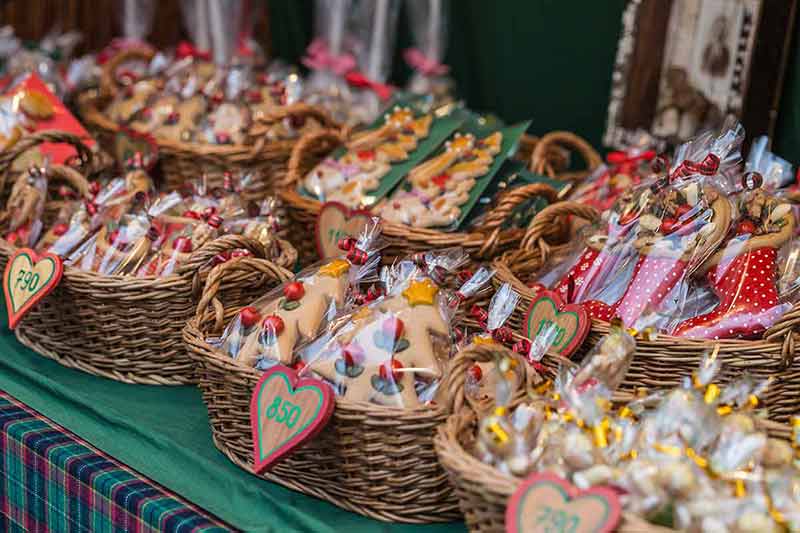
An expat Christmas in China is unlike any Christmas I have spent elsewhere in the world but enjoyable all the same.
More restaurants are increasingly realising the lucrative potential of creating a festive Christmas dinner menu and are looking to cater to those celebrating the holiday.
People in Shanghai head to the Jing’an Christkindlmarkt, a German Christmas market, to get themselves in the Christmas spirit and feast on indulgent home comforts.
But in my experience, Christmas Day or Christmas Eve has usually been characterised by gathering with friends (Chinese and expat alike) and cooking our countries traditional Christmas foods and usually enjoying a glass or two (not three remember we do have to be at work in the morning) of mulled wine.
I usually make it my mission to spend the weeks leading up to Christmas visiting all the random places I can find that have decorated for the holiday and taking copious amounts of photos.
All to get me in a bit more of a festive mood.
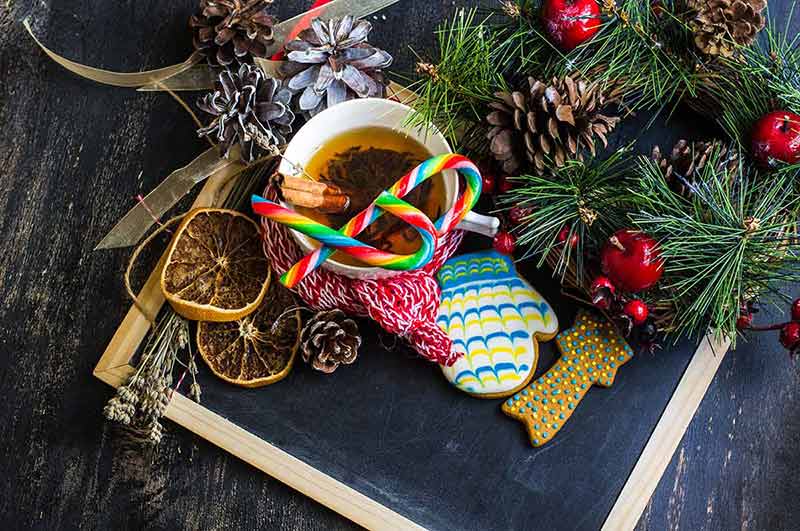
When you’re an expat, especially in Asia, you just have to accept that Christmas just isn’t going to be anything like back home.
So, you always embrace the small details, which I think ultimately makes you far more appreciative of the holiday season.
Oh, I almost forgot to mention one Christmas activity that many expats in China are often forced, kicking, and screaming into.
A lot of expats in China work as English teachers in public schools and training centres.
Well, the Christmas talent show/activity class is obligatory and almost entirely painful for those lucky ones who work in training schools.
Usually held in the days surrounding Christmas, schools will put on a show for the children and parents, for a fee, of course (because people for whatever reason want to pay to hear me murdering a rendition of Jingle Bells).
Kids perform English related entertainment.
For me, the most memorable was listening to a seven-year-old girl, whose English name was Elsa (of course) confidently singing Frozen’s ‘Let It Go’.
The only problem was she couldn’t speak a word of English, let alone sing in the language!
What’s the most challenging part of being an expat in China, you ask? Having to keep a straight face, hold back tears of laughter and nod in amazement while judging the brave efforts of a seven-year-old as her father looks proudly on.
To be fair, I did always head into these events as Scrooge but usually collapsed later that night with a satisfactory reel of Christmas tunes playing in my head.
For more things to do in China read:
- 25 Famous Landmarks in China
- Best Time To Visit China
- 20 Ways To Celebrate Christmas In China
- 20 China Beaches For Your Bucket List
- 20 Things To Do In Shanghai At Night
- 20 Things To Do In Guangzhou
- 21 Places To Visit In China
- 7 Things To Do In Xiamen
- 20 Things To Do In Xian
- Yangtze River Cruise
- Inner Mongolia In Winter
- Places To Visit In Yunnan
- 20 Things To Do In Beijing At Night
- 20 Smart Cities in China
- Winter in China – 20 Things To Do
- 15 Things China Is Famous For
- Living in China – Everything You Need To Know
- 20 Endemic Animals In China And Where To See Them
- 12 National Parks in China
- 20 Things To Do In Chengdu At Night
- 20 Things To Do In Chongqing At Night
5 Festive Things To Do In China At Christmas
1- Harbin Ice Festival
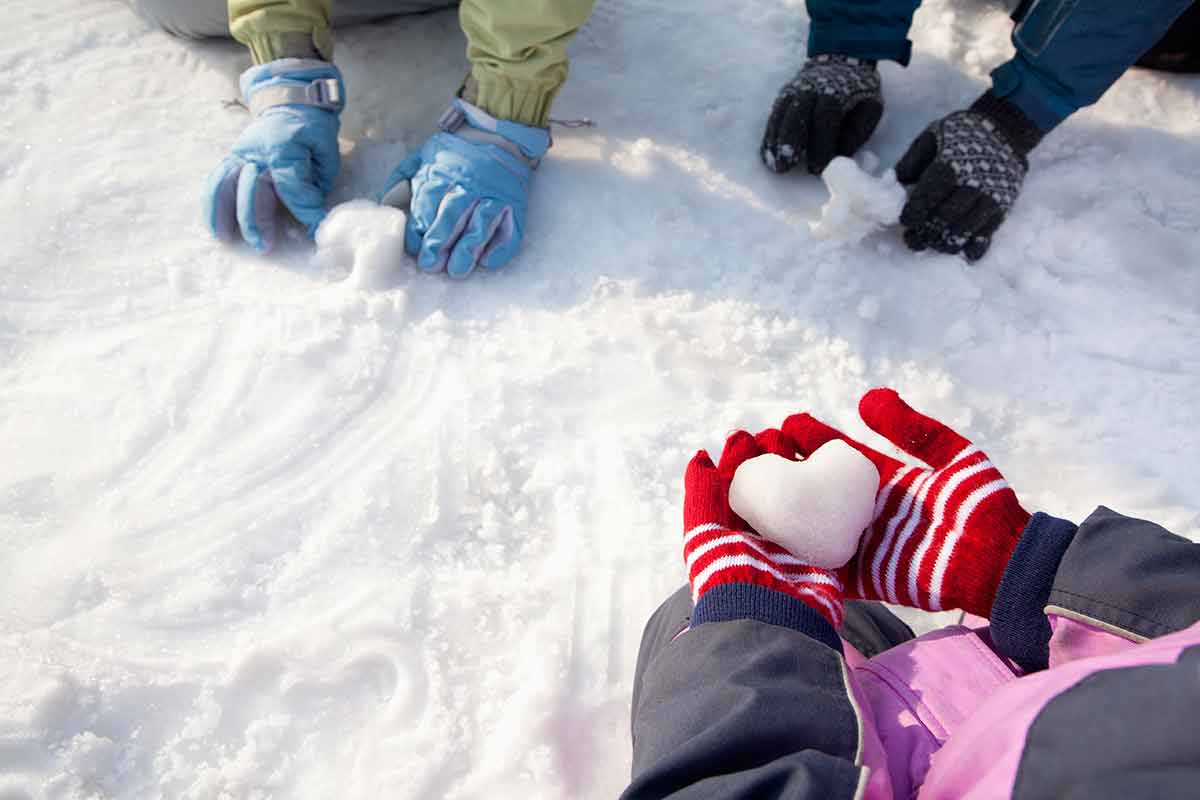
Located in the northernmost province of China, Harbin is cold and receives heavy snowfall.
But with all that cold weather, the people of Harbin started sculpting massive structures from ice.
The first Ice Festival started in 1963 but has grown exponentially since then.
In 2019 the festivals Ice and Snow World included more than 100 national and world landmarks, all made from ice.
Sculptures included the Statue of Liberty, an Egyptian sphinx, buildings from Beijing’s Forbidden City and Moscow’s Saint Basil’s Cathedral.
It is always suggested that you visit the ice festival in the day and at night when the ice sculptures are impressively lit up with vibrantly colourful lights, creating a festive atmosphere.
The Harbin Ice Festival is not a Christmas attraction, but there’s no way exploring this ice city will fail to put you in a festive mood.
2- Ice Skating
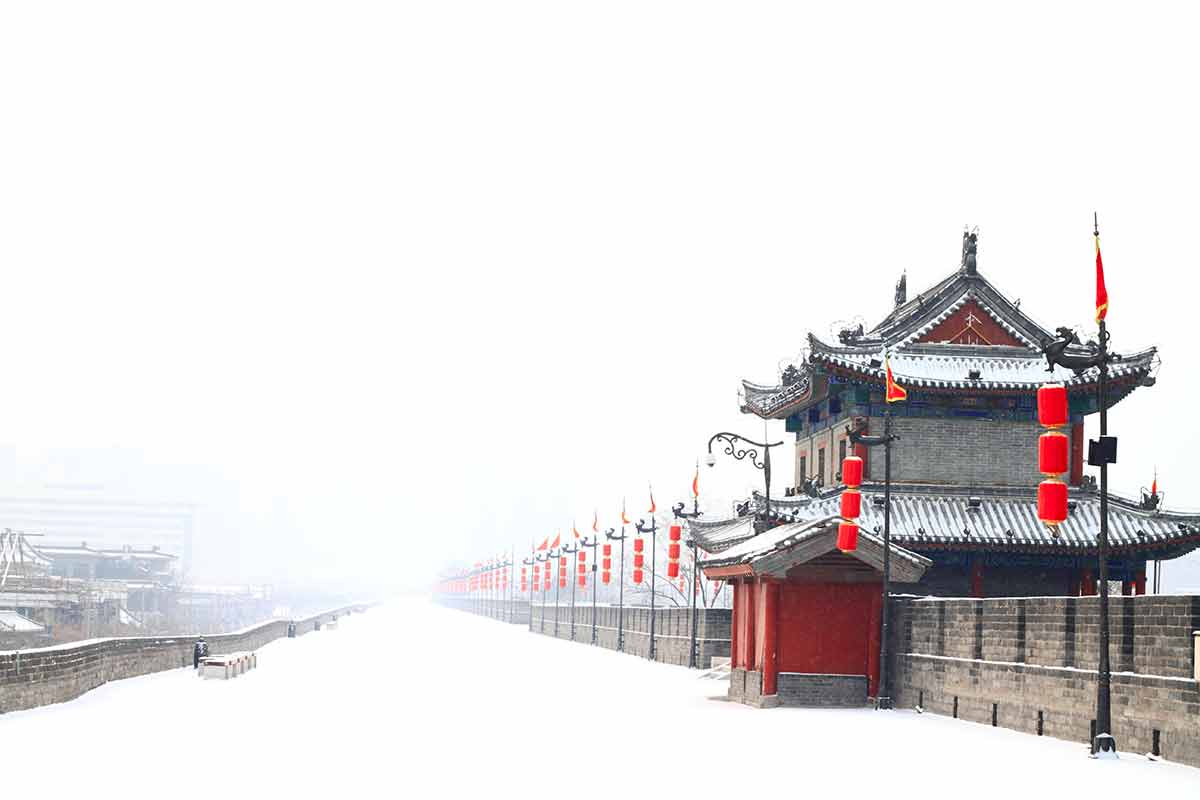
Ice skating is one of those mandatory Christmas traditions in China that foreigners and Chinese both embrace.
Whether you’re clutching onto one of those penguin aids like me or effortlessly twirling around, it’s sure to get you in the wintery Christmas spirit.
Rinks can be found in literally every city, with cities like Beijing and Shanghai having a myriad to choose from.
In recent years, especially with the 2022 Beijing Winter Olympics looming, the uptake of ice skating in China among children has skyrocketed.
If you are travelling to Beijing, you may want to check out the Summer Palace ice rink.
Well, it’s the frozen Kunming Lake rather than an artificial rink.
Skating in front of this historic pagoda costs around RMB85 (US$13.30).
3- Take Selfies With A Huge Christmas Tree
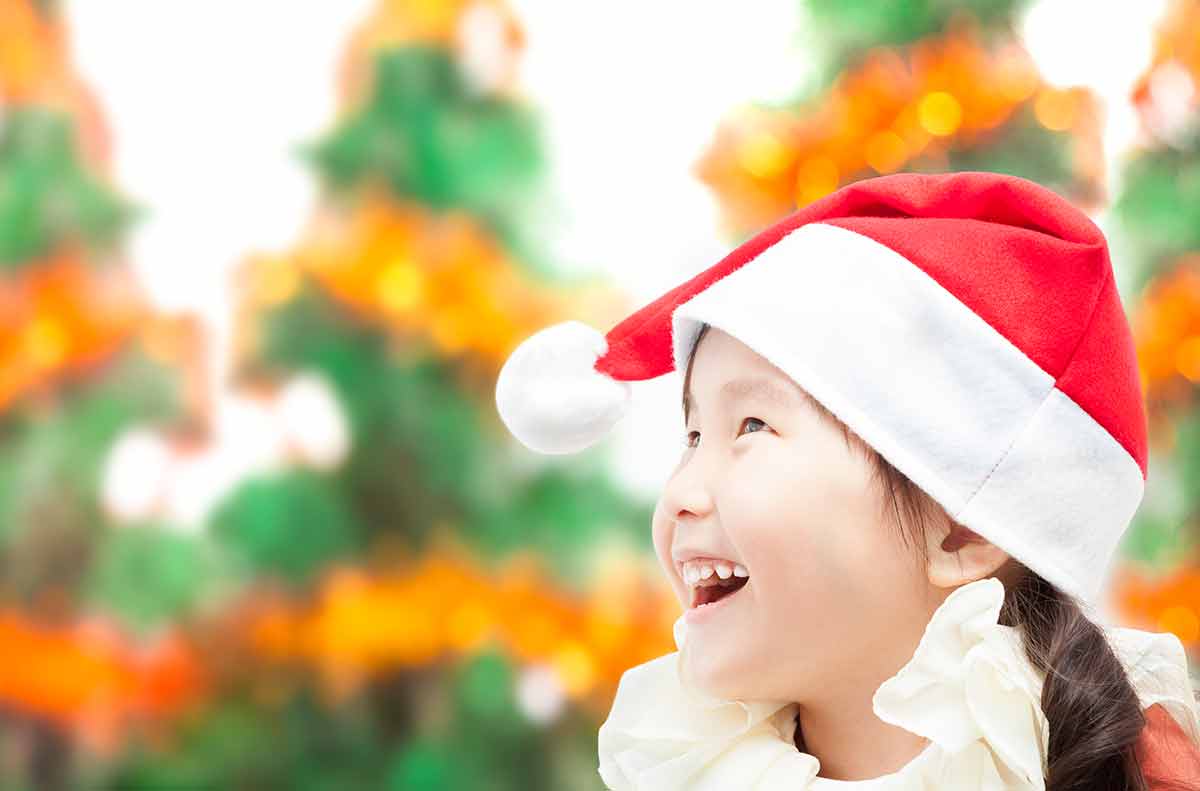
This became somewhat of a Christmas tradition while living in China, visiting my cities big tree.
I lived in Changsha, a city in Hunan Province in South Central China.
Each year the city would erect a ginormous Christmas tree outside the luxurious IFS shopping centre.
2019’s Christmas tree was sponsored by Tiffany & Co. and was decked with head-sized balls.
The surrounding area was filled with selfie-taking opportunities in the form of human-sized Tiffany ring boxes, giant teal coloured gifts and a mini Tiffany & Co. pop-up shop.
Commercialised Christmas in its entirety, but greatly enjoyable.
Similar Christmas tree experiences can be found in most major cities across China in the CBD areas.
4- Strap On Your Ski’s At Yabuli Ski Resort

Having grown up skiing at Christmas, to me, there could be no better way to spend the holiday season than in China’s top ski resort, Yabuli.
Yabuli is the largest of China’s resorts and has the country’s biggest ski jump too.
Yabuli ski resort is located 177km southeast of Harbin and is accessible via a 2 ½ hour train ride.
Most of the slopes are intermediate level, and around 13km of runs are considered black level difficulty.
Skiing by day and cosy warm nights with a glass of mulled wine is the perfect Christmas activity.
5- Head To Hong Kong For A Full Blown Christmas
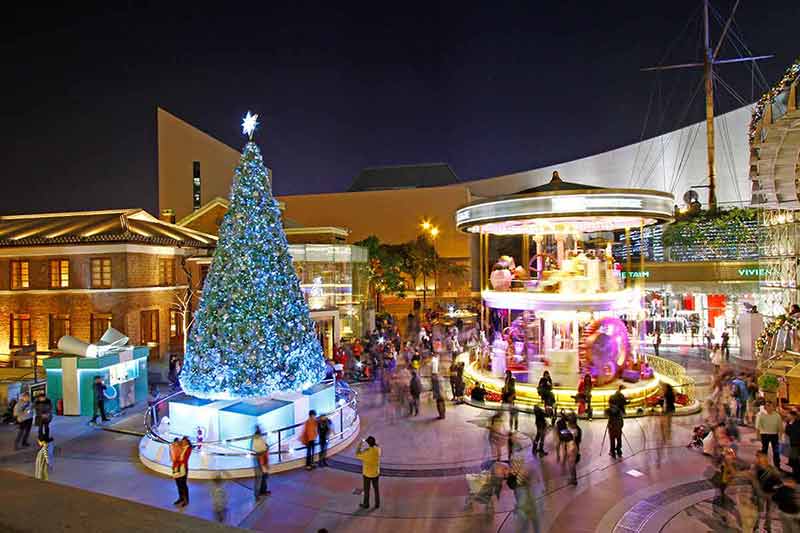
Why not hop on a train, cross the border, and spend a sparkly Christmas in Hong Kong?
Hong Kong is one of my favourite places to spend Christmas or at least visit during the Christmas period.
Along every street, particularly in Central, Christmas décor will jump out at you, Christmas markets are plentiful, and a surprising Christmas cheer reverberates around the city.
You can watch The Nutcracker at the Hong Kong Ballet or visit the Island Shangri-La Hotel to admire its lobby decorations.
Combining a trip to Hong Kong with Christmas is the perfect way to see this wonderful place whilst getting you in the Christmas spirit.
There is no doubt about it, Christmas in China is unusual compared to your traditional European or American Christmases, however, it’s still a festive and enjoyable time of year.
If you’re living in China as an expat, you probably won’t be afforded the day off to celebrate, but if you are visiting from abroad at this time of year, head to one of the places above to search for more of the Christmas spirit.
My overall recommendation would be to head to Hong Kong for Christmas, you’ll get all the enjoyment of a regular trip to Hong Kong with the added sparkle and cheer.
Plan Your Trip

Rent A Car – Find the best car rental rates at Discover Cars. They compare car hire companies to provide you with the best deal right now.

Find A Hotel – If you’re curious about this article and are looking for somewhere to stay, take a look at these amazing hotels.

